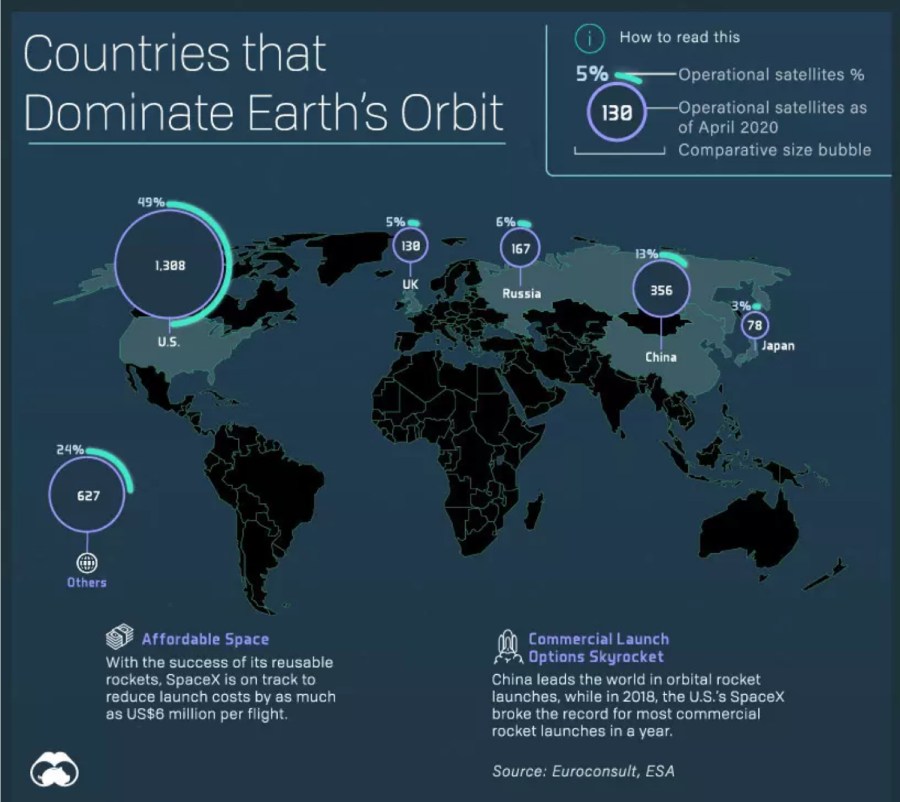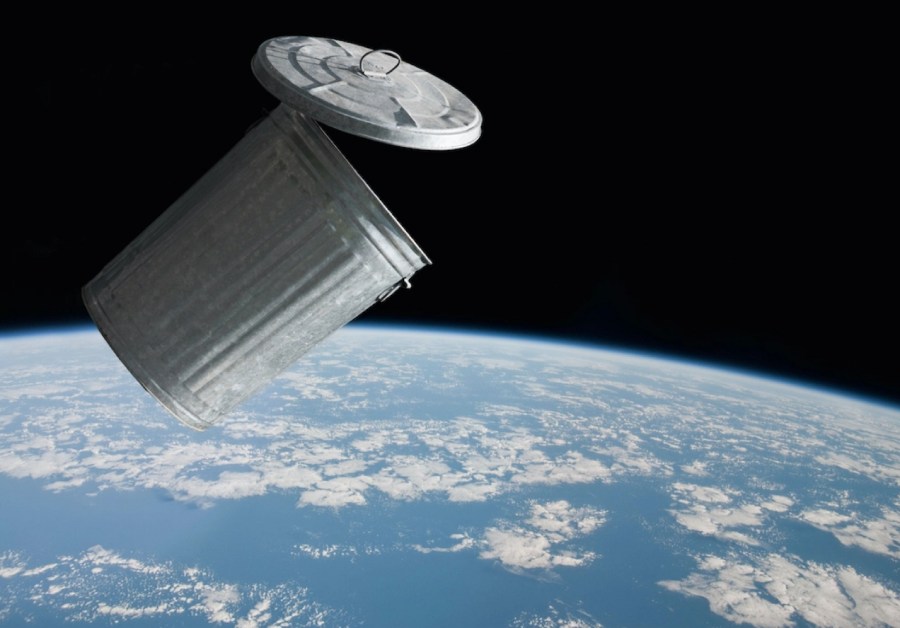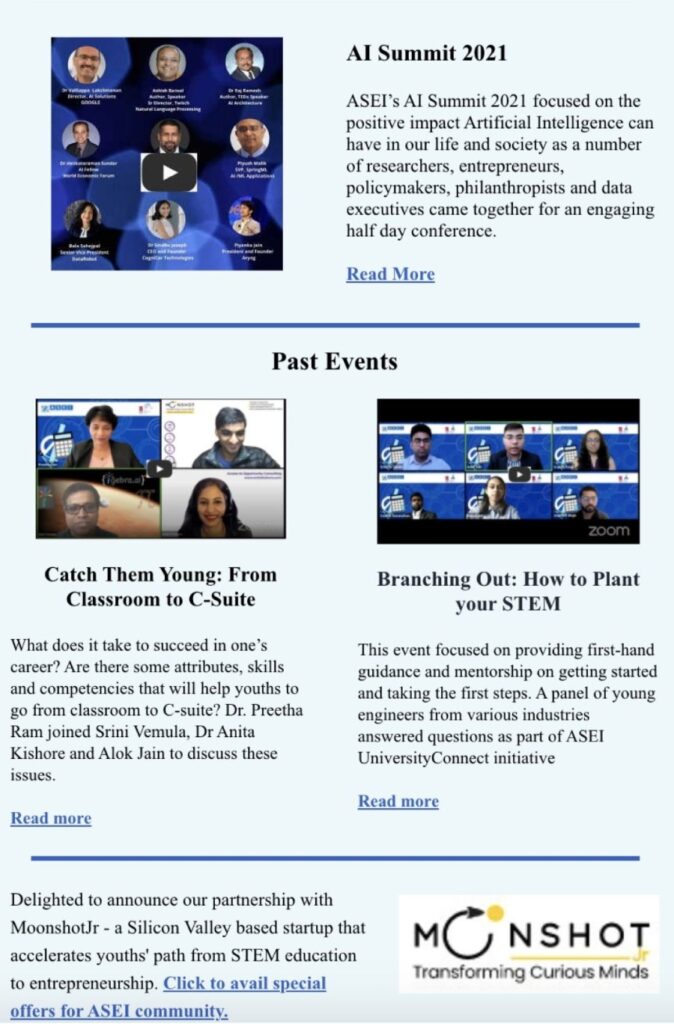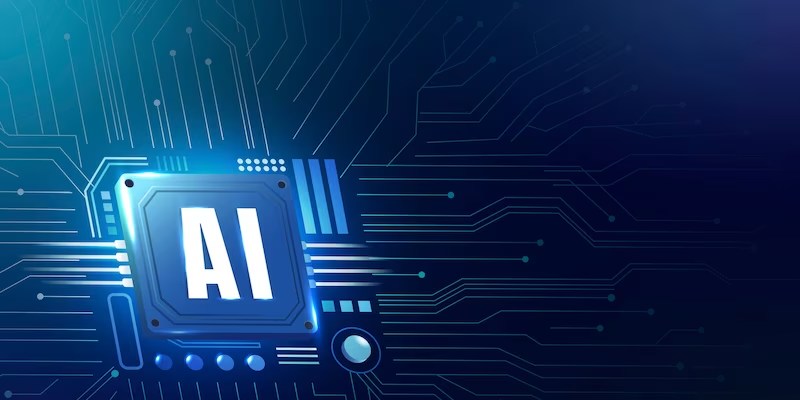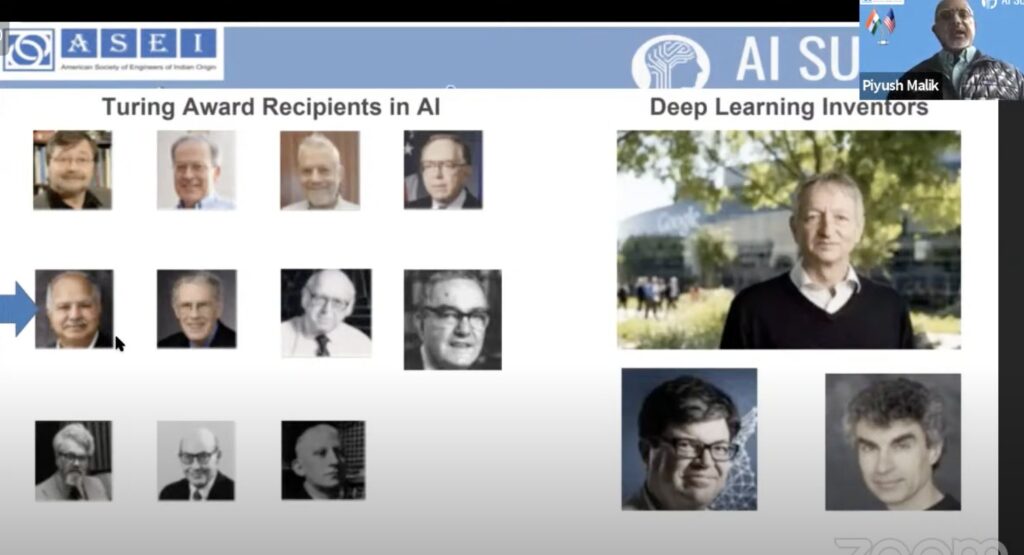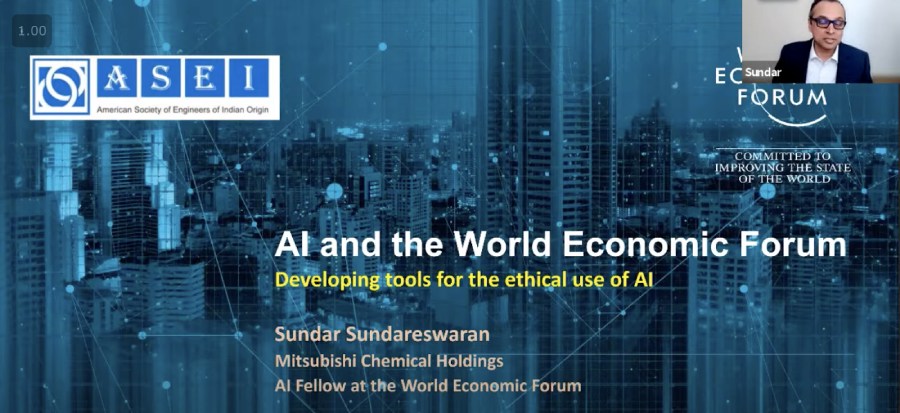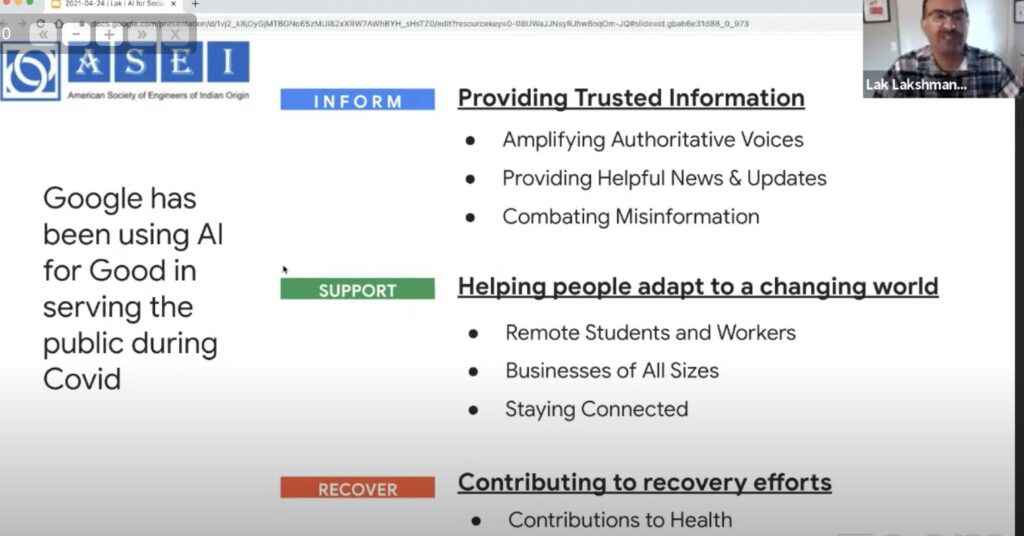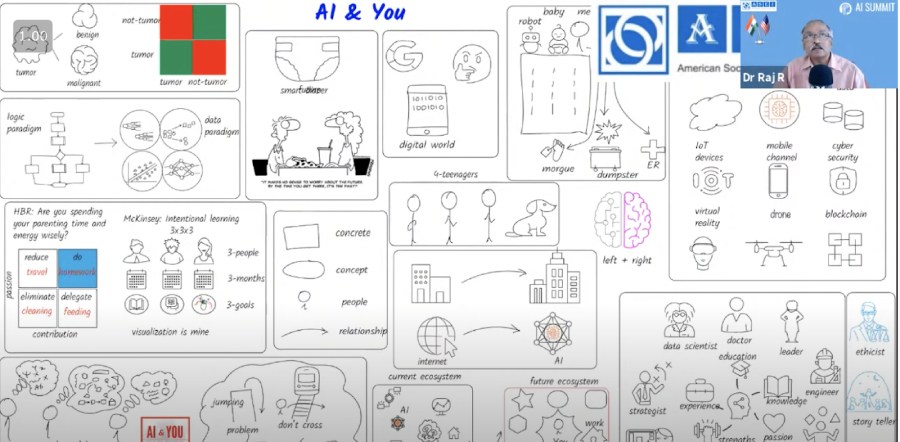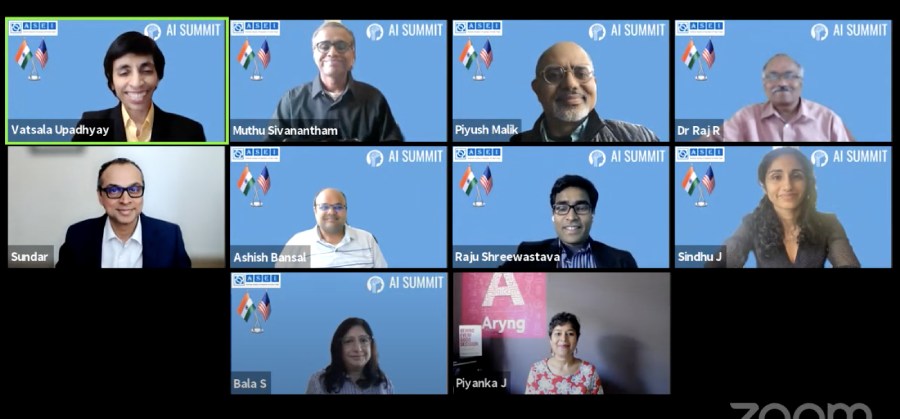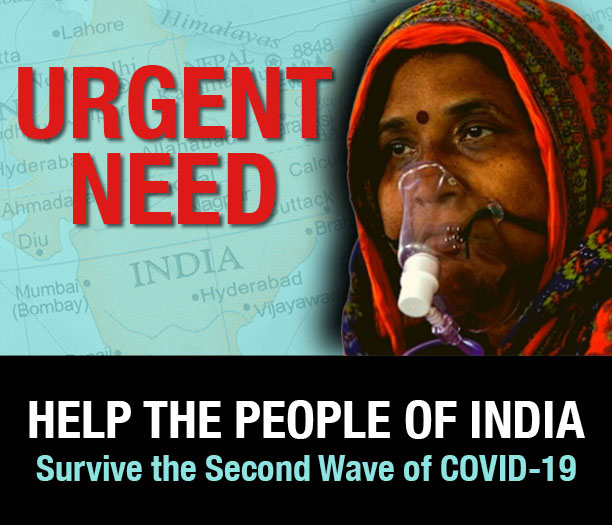Margaret Mead said, “Never doubt that a small group of thoughtful, committed citizens can change the world. Indeed, it is the only thing that ever has.” If you have served as an executive mentor at Miller Center for Social Entrepreneurship, then you’ll appreciate the truth of those words. More importantly, you’ll know what a privilege it is to be a small part of the impact that GSBI social entrepreneurs are having the world over! Did you know that Miller Center has accelerated more than 1,000 social enterprises since 2003? These collectively have improved, transformed, or saved the lives of over 400 million people in 100 countries.
I have had this privilege for nearly 4 years now, having mentored social enterprises of all kinds — for/non-profit in education, economic empowerment, last-mile health, and energy independence, in India, Mexico, Africa, the US! Each of these enterprises and their founders brought incredible smarts but also passion and uncommon commitment to their work. It is hard to find a sharper group as dedicated to a higher cause, driven by passion, and dazzlingly creative in solving problems! Mentoring these enterprises, seeing them implement plans and make a difference to lives and regions we too easily forget, has been rewarding beyond what I could have imagined.
People often ask me what it’s like to be a social enterprise mentor. I tell them that the mechanics of mentoring are not hard but it requires some thought and planning. No, we don’t just show up to offer “free advice”. Over the years as a product executive in Silicon Valley, I have advised and coached multiple software start-ups but being an executive mentor for a social enterprise requires a slightly different mindset, both because it involves mentoring the entrepreneur — not simply advising the business — AND because the whole endeavor is driven by a social mission. In addition to Miller Center’s vast resources, I like to tell the entrepreneur (and remind myself) of a few aspects that I pay attention to in my mentoring work knowing that my goal is to become a trusted advisor. I offer them here with the hope that they can be of some use to other mentors:
- Bring your dispassionate business sense… with a large dollop of passion: As a mentor, ask your mentee — the social entrepreneur — critical business questions: Does the business model make sense? Do the unit economics work? Are hidden costs taken into consideration? What will scaling entail for your supply chain? Will your channels and partners be reliable at scale? These are important aspects where a social entrepreneur may encounter blind spots or may never have subjected their plans to this kind of business rigor. At the same time, remember the enterprise and its founder(s) are fueled by a passion for impact. And as a mentor, you need to help them employ a dispassionate approach to evaluating the impact side as well. What is the nature of the impact and will/can it work? (How) can the impact scale? Can it be replicated? For for-profit enterprises, how to balance profit margins (stakeholders have come to expect) with impact? Better yet, how to wrap a business model that supports the impact model so there doesn’t have to be a choice between impact versus profits? Social entrepreneurs’ passion will get them far, but to have sustained impact it’s important for them to evaluate, refine, and augment their potential for impact. As a mentor, you must help them evaluate and optimize both aspects!
- Utilize Socrates’ secret sauce: One of the key skills for success as a mentor is listening. The founder/entrepreneur knows best their target market, the enterprise’s strengths, and the challenges they face. As a mentor, you have a lot to learn from them before offering guidance. Yet an equally important aspect of a mentor’s job is asking critical questions about the enterprise and understanding underlying assumptions. In fact, the Socratic method describes the ideal process — a form of cooperative argumentative dialogue between individuals, based on asking and answering questions to stimulate critical thinking and to draw out ideas and underlying presuppositions. Asking why, how, based on what, often helps the entrepreneur uncover their own assumptions and weak points. They can then offer (sometimes find) evidence to support their thesis or temper their assumptions. This listening while questioning and asking for evidence while respecting passion and instinct requires a fine balance and is where the secret sauce of mentoring lies. So ask a lot of questions, ask for evidence, and supporting data, yet also listen carefully to the answers and respect the entrepreneur’s instinct and passion.
- Leverage Miller Center’s frameworks, resources, expertise: At Miller Center, mentors are strongly supported in the form of training, resources, and frameworks for mentoring; and well established best practices (communication, regular updates, on-time delivery, etc.) are built into the programs. Help your mentee make ample use of the resources, especially the framework-driven, modular approaches that Miller Center offers for its various programs. These frameworks bring discipline to the process and keep the social entrepreneur working towards deadline-driven outcomes. At the end of the day, you want to make sure there is a structured, tangible output and defensible plan arising from all the analysis and discussion. This may be in the form of a solid investor pitch, a plan to scale the business (Scaleout Masterclass, Replication Program), and/or a plan to bring the business back on track after a setback such as Covid-19 (GSBI Alumni Bounceback Program). Miller Center hosts a trove of training and other resources — including generously sharing expertise across programs. For example, on a venture where I was a mentor, Miller Center connected us with an expert on supply chain issues. Similarly, I have offered advice to other ventures on B2C e-commerce challenges and mobile app development considerations.
- Do check in with Reality… often: Note the social enterprise and its founders are fueled by passion. They want real impact, they want it big, and they want it now! But intentions alone, however good, are rarely enough. Measurement of output — business and impact — is a way to make sure that all the energies, resources, funding are poised to make a difference for the cause the enterprise wants to serve. Make sure you address impact metrics as well: What impact metrics make sense? How will they be calibrated and collected? What do they mean, actually measure? Remember they should be measures of outputs (counting the delivery of a product or service) and outcomes (the impact of delivering the product or service). Play devil’s advocate. Investors will want to be convinced that KPIs on impact are well thought through and that their investment will make a difference.
- Pay attention to the PEOPLE: Last but most certainly NOT least is making a genuine connection with your social entrepreneur (and even their teams, as possible and appropriate)! This can make all the difference. I usually begin any mentoring relationship by asking the founder(s) about themselves, their lives before and after, what brought them to this work, and what has shaped them. Remember you are helping them develop themselves and their capabilities. Often they are moving water uphill and knowing that the mentor “gets them” and is there to help them find a better way can be invaluable. The road can be lonely and the going tough especially at times where much is outside their control e.g., COVID times. Not only does the enterprise suffer but the founder(s) watch a lot of their hard work going down the tubes. They may even be more distressed than they realize. As part of Miller Center’s new Bounceback Program, one of the things we are watchful for is founder burnout or even PTSD! Don’t underestimate these aspects.
Ultimately mentoring is about helping founders and social enterprises help themselves by developing their capabilities, sharpening their focus, and avoiding possible pitfalls. Hope some of the guidelines I present above are helpful to your efforts as a mentor. I would love to hear about your experiences and other nuggets you discovered. Happy mentoring!
*************************************************************************************
Reena Kapoor is a seasoned software product leader with hands-on experience building online and mobile applications for B2C, SaaS, and enterprise businesses for close to 20 years. She spoke at the ASEI Women’s Day Special Event earlier this year (Blog and Recording available here ) This article has been adapted from “Socrate’s Secret Sauce and other Mentoring Advice” published by her at the Miller Center for Social Entrepreneurship at Santa Clara University.
She brings deep functional expertise in product management, innovation, Agile development practices, and go-to-market planning and execution. Reena advises and works with technology clients to find product-market fit by helping them define, build, and launch products and roadmaps with both proven and experimental business models. Reena’s early career includes brand management and new products at Procter & Gamble and Kraft Foods, which she credits with teaching her principles of general management and marketing. Additionally, Reena is an active executive mentor, at Santa Clara University’s Miller Center – the largest and most successful university-based social enterprise accelerator in the world. She also serves as a director on the board of several non-profits. Reena has a B.Tech in engineering from the Indian Institute of Technology (IIT), Delhi and a Master’s degree from Northwestern University.
This article is based on conversations Aditya Guthey, an ASEI Silicon Valley chapter member and a career coach has had with Sania Jain for ASEI Youth Corner. A short excerpt is here ASEI has a partnership with MoonshotJr – a Silicon Valley based startup that accelerates youths’ path from STEM education to entrepreneurship. Click to avail special offers for ASEI community.






